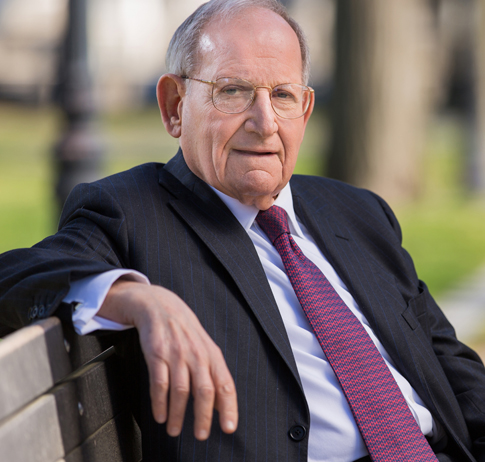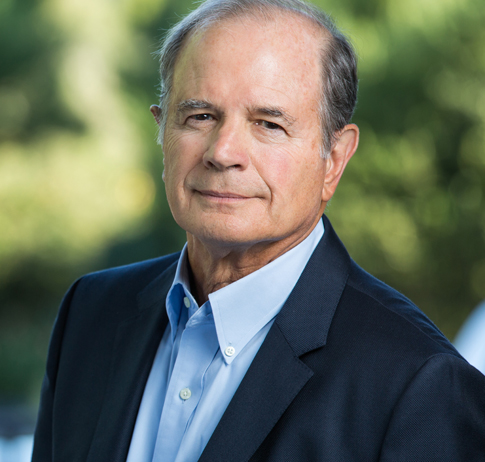In the biggest tax case for trusts in decades, North Carolina Department of Revenue v. Kimberley Rice Kaestner 1992 Family Trust, we are pleased to see that the Supreme Court of the United States has embraced the view that Withers advocated for on behalf of a national group of trust and banking associations and in the interest of our clients.
The Court's unanimous decision ensures that core principles of trust law and taxing jurisdiction remain intact by ruling that a trust beneficiary's residence in a state does not establish enough of a connection to permit the state to tax it. Its decision rejected the arguments of the State of North Carolina, as well as twenty other states that supported it in this case, to disregard trusts as well as notions of fundamental fairness enshrined in the Constitution in an effort to broaden its tax base.
While this decision is momentous, this will remain a hot topic. The Court rejected North Carolina's regime for taxing trusts, which was almost entirely unique when compared to the rest of the country. The rationale in the Court's decision will need to be respected by all states looking for additional tax revenue on trusts. There remain outstanding questions as to whether other states' current regimes pass constitutional muster. Though today's decision is limited in its scope, its reliance on and application of key tenets of trust law give hope that future cases will be similarly grounded.
The full opinion can be read here.
The Withers Bergman LLP team who collaborated on the brief includes David Lehn, Supreme Court of the United States Counsel of Record, and partners, Stanley Bergman, William Kambas and James I. Dougherty. Taking advantage of the firm's breadth of experience and knowledge, they collaborated with attorneys across the firm's California, New York, and Connecticut offices, including partners Jeremy Mellitz, Diana Hastings, Michelle Graham, consulting partner Lou Mezzullo, special counsel John Farnsworth and associates Lisa Page, Kelsey Hyde and Sandra Fung.
For more information pertaining to this historic case, please read:






